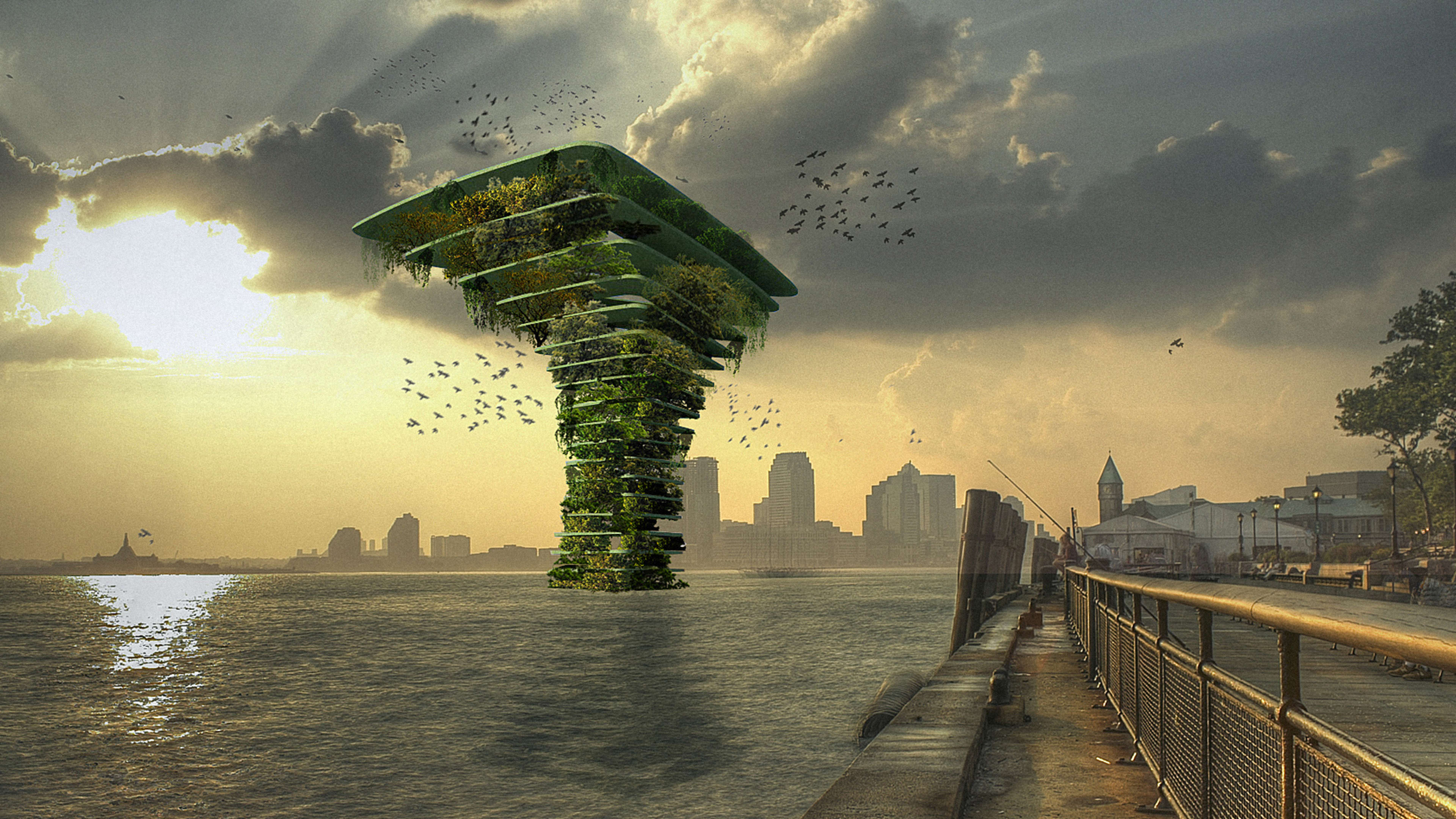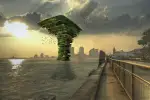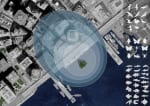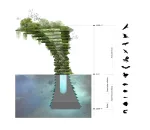As cities sprawl and get more crowded, most don’t have much space left for urban wildlife–at least not on land. A Dutch architect plans to begin using city waterways to build floating habitats for nature.
Based on the design of floating oil platforms, the Sea Trees are made from steel and shaped like giant trees. Each level of the platform supports a slightly different habitat. Underwater, the structure supports fish, oysters, and could even serve as the base for a coral reef in the right climate.
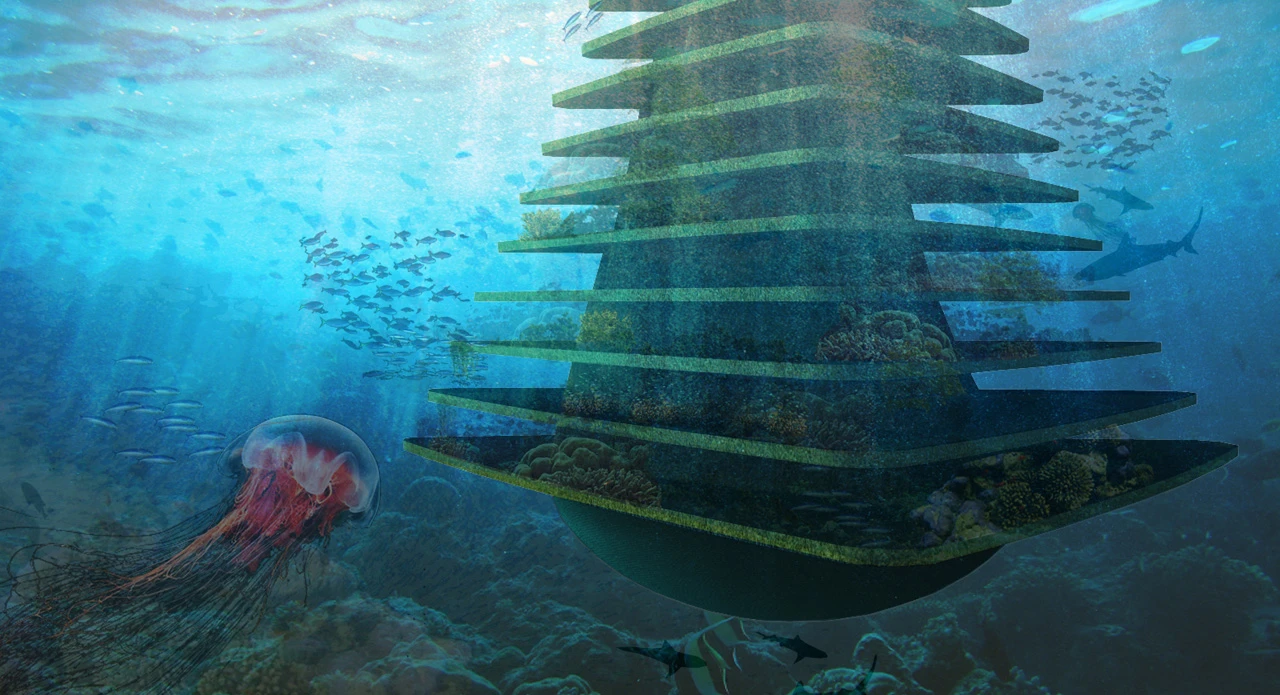
“We took park zones in urban areas, we divided this in pieces, and put them vertically on top of each other,” says Koen Olthius, founder of Waterstudio, a firm that focuses on floating architecture. “In the end, it became a vertical hangout for wildlife.”
Any animals that could fly or swim to the platform would be able to live away from roads, traps, and other pitfalls of city life. “Our inspiration came from a project in Holland where ecologists forced us to provide habitats for animals that couldn’t be disturbed by people,” Olthius explains. “Water is, of course, a perfect way to keep people away.”
The architect calls the concept a “city app”–a design that could easily be implemented in cities anywhere. “These Sea Trees make sense in a highly dense urban area where water is available,” he says. “This covers almost 90% of the world’s largest cities. Our favorite locations would be Mumbai or New York. Both have such a high price on land that it makes the construction of new park zones on land not feasible.”
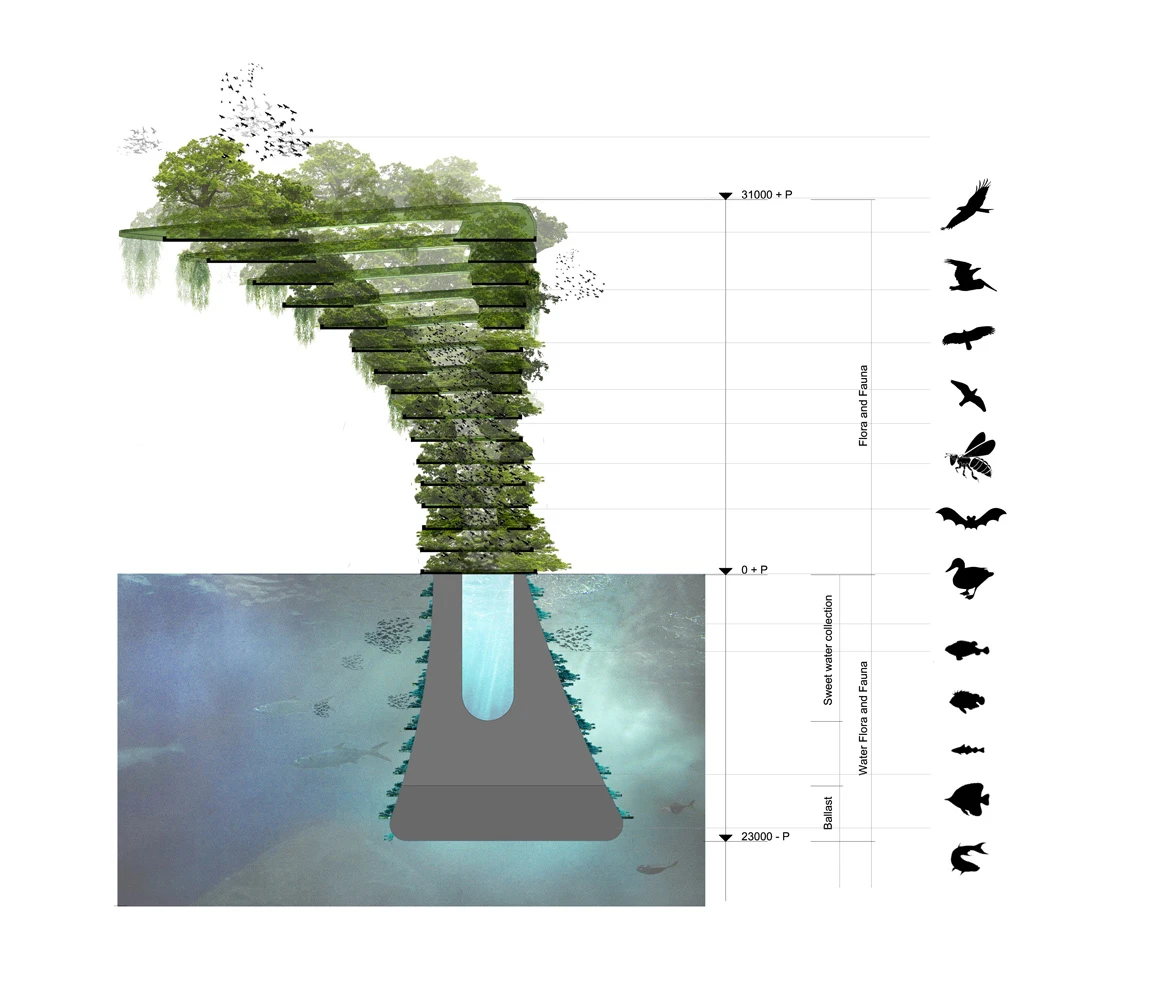
The design is still in development, but isn’t just a concept–Olthius plans to begin building Sea Trees as soon as possible. To make the process faster, he plans to work with oil companies to use their existing designs for platforms that can float in the ocean, rivers, or lakes.
“The technology of oil companies is a proven one,” he says. “Of course we can design a foundation ourselves, and we will improve the existing design. But this takes time. Taking the existing technology provides a chance to act fast at this moment.”
Recognize your brand’s excellence by applying to this year’s Brands That Matter Awards before the early-rate deadline, May 3.
